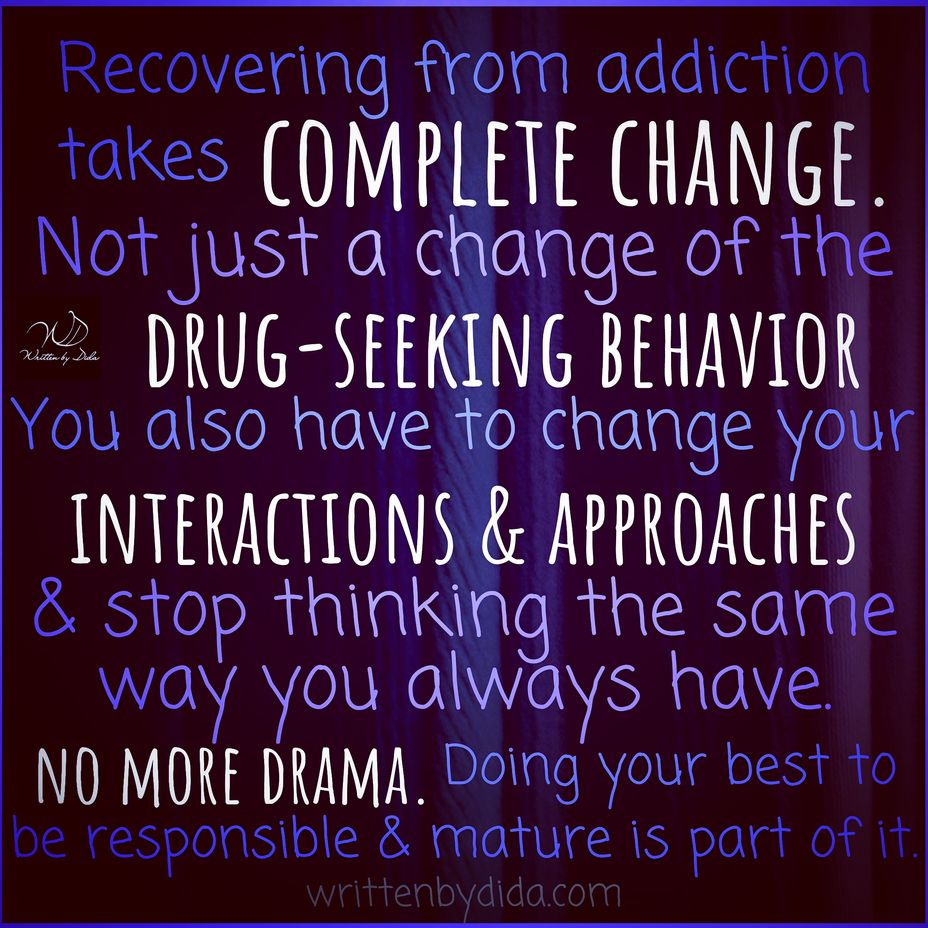5 Evidence-Based Tips from Mental Health Professionals
Bipolar disorder affects mood, energy, and daily functioning, but with the right tools, it can be managed effectively. These strategies are supported by clinical research and widely recommended by mental health professionals:
Maintain a regular sleep schedule: Research shows that consistent sleep can reduce mood episode frequency. Even small changes, like going to bed at the same time nightly, matter. Track your mood and triggers: Apps or journals help you notice early shifts. This allows for timely adjustments in medication, therapy, or self-care. Follow a medication plan: If medically prescribed, take medication consistently and communicate openly with your provider about side effects or concerns. Incorporate daily movement: Gentle exercise such as walking or yoga has been shown to improve mood stability and overall well-being. Build a supportive network: Whether it’s friends, family, or peer support groups, having people who understand can lower stress and provide accountability. ##Living with bipolar disorder requires ongoing attention, but it does not define your worth or limit your potential. Every proactive step strengthens your foundation for stability and hope.
#BipolarDisorder #mentalhealtheducation #EvidenceBased #RecoveryIsPossible






